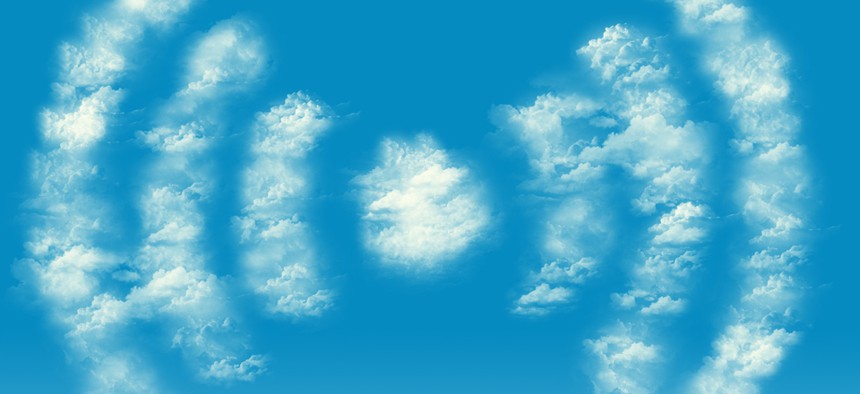Wi-Fi Is About to Get Faster

iamharin/Shutterstock.com
The FCC freed up more airwaves for wireless Internet traffic.
It will soon be easier to stream videos and browse the Web on Wi-Fi networks.
The Federal Communications Commission voted unanimously on Monday to set aside more airwaves for unlicensed services like Wi-Fi, a move that will ease congestion and boost speeds for smartphones and laptops.
FCC Chairman Tom Wheeler described the agency's action as "spinning straw into gold."
"This opens all kinds of new opportunities for entrepreneurs and innovators as well as relieving congestion," Wheeler said. "Faster connections, less congestion all make it easier to get online."
Exploding wireless Internet traffic has clogged Wi-Fi networks in recent years and made it difficult for people to connect to the Internet, especially in crowded areas like convention centers and airports.
Under the FCC's order, Wi-Fi routers will have access to an additional 100 megahertz of spectrum—the radio frequencies that carry all wireless signals. The spectrum, which is the 5 gigahertz band, had been licensed to the satellite phone provider Globalstar, but the company agreed to the new rules after the FCC set interference standards.
"While that sounds technical, this change will have real impact," said Democratic FCC Commissioner Jessica Rosenworcel.
"For starters, if you like Wi-Fi, that is a lot more. Cheers for that. But the power of unlicensed goes beyond onramps to the Internet and offloading for licensed services. It is the power of setting aside more of our airwaves for experiment and innovation without license. It is bound to yield new and exciting developments. It is also bound to be an economic boon."
Unlicensed spectrum can be used by any company for free and powers a variety of technologies such as baby monitors and remote controls. But Wi-Fi accounts for the vast majority of traffic that travels over unlicensed spectrum and was what spurred the FCC to enact the new rules.
The FCC's action will not help services like cellular networks that rely on licenses for exclusive use of spectrum. But the FCC officials said they expect the demand for unlicensed spectrum to continue to explode in the coming years as more everyday devices like refrigerators and thermostats connect to the Internet.
(Image via iamharin/Shutterstock.com)






